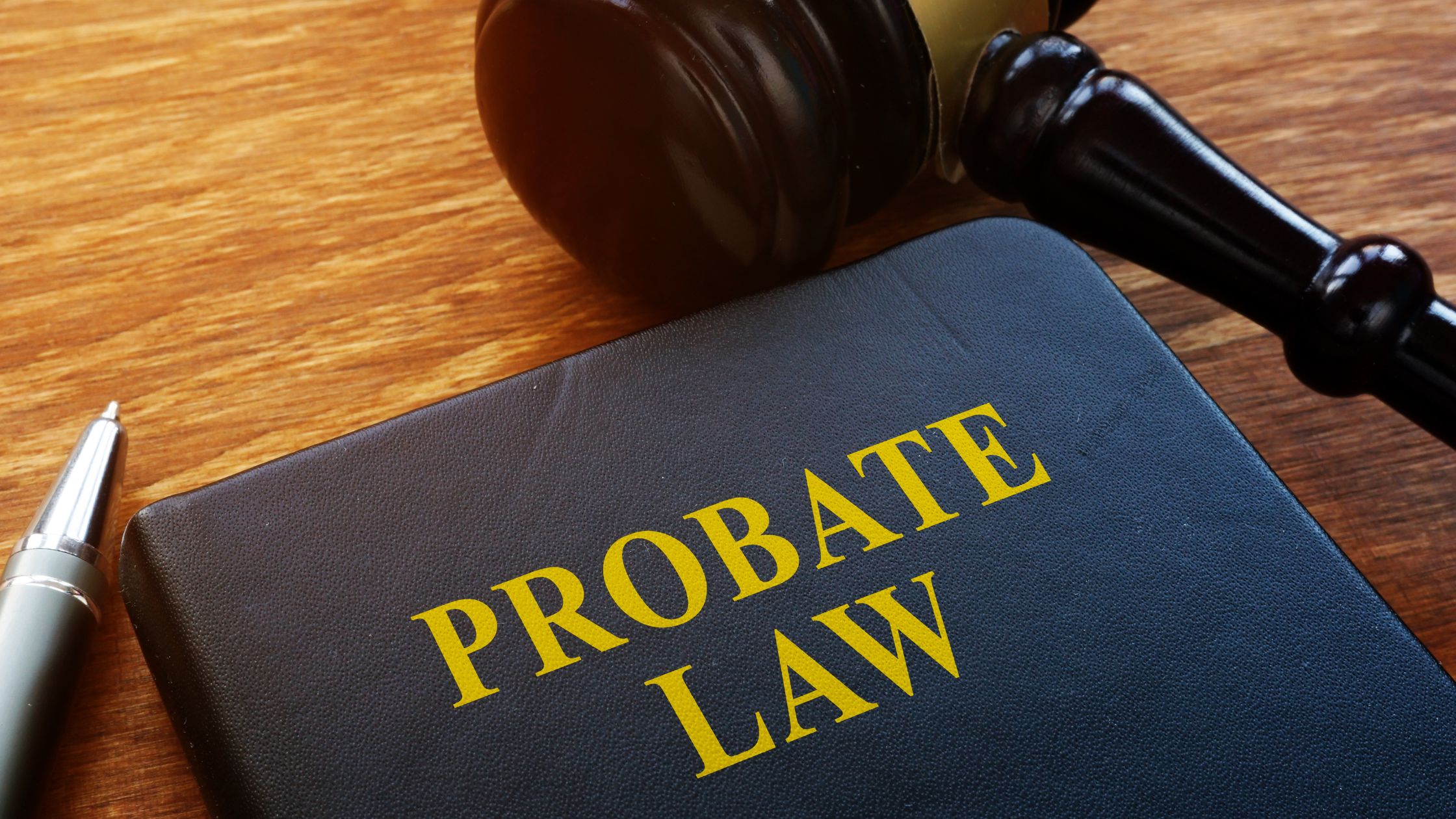Category: Estate Planning

Estate planning is vital for all adults, but it is especially essential for those with a high net worth. People with substantial assets tend to encounter more complications when creating their estate plans because they have more items to divest. Exploring strategies for estate planning for high-net-worth individuals in Arizona can help safeguard your assets […]

For many people, the aim of estate planning is to preserve wealth for future generations. Various estate planning strategies can help achieve this goal, including dynasty trusts. A dynasty trust is a type of irrevocable trust structured to last for many generations. Its purpose is to minimize estate and gift tax liabilities that occur when […]

Many people choose to manage and protect assets such as their primary residences by placing the property in a revocable trust. However, Arizona homeowners who consider putting their home in a trust may not be aware of how doing so may impact their right to an Arizona homestead exemption. Understanding Arizona’s Homestead Exemptions […]

Many people don’t realize what happens when a person dies without a will in Arizona. In the absence of a will, the state decides who inherits your property, which may lead to unintended consequences. Your assets could go to a relative you would have preferred to disinherit simply because that’s what the law dictates. Dying […]

Estate planning for second marriages can be a complex process. Spouses in blended families usually want to leave assets to their children while also providing for their new spouse and any additional children or step-children. You can account for new family dynamics in a well-crafted estate plan. If you’ve recently gotten remarried, here are a […]
When you establish a revocable trust as part of your estate plan, you will also need to name someone to manage the trust on behalf of its beneficiaries. This individual is called the trustee. In Arizona, you can structure a trust so that the duration of the trustee’s management is set for a certain period […]

Living trusts are powerful estate planning tools that can help you avoid probate, prevent delays in passing along your inheritance, and control what happens to your estate after you’re gone. Here’s what you need to know about creating a living trust in Arizona, and how an experienced estate planning lawyer can help you achieve your […]

When an Arizona resident who owns property in other states passes away, finalizing their affairs will require probate proceedings in any place where their property is located. Arizona courts have no authority to order the disposition of property located in other states. These circumstances can raise considerable confusion during estate administration without proper planning. If […]

After a loved one passes away, probate can make the process of distributing assets time-consuming and costly. However, individuals can take steps during the estate planning process to bypass probate to reduce complications and simplify asset distribution before they die. An experienced Arizona estate planning attorney can explain how to avoid probate with a trust […]

A power of attorney (POA) gives someone legal authority to act on your behalf, but it doesn’t have to last forever. If your situation or relationship changes, you may wish to cancel that authority. While Arizona law makes provisions for revoking a power of attorney, you must handle the process carefully. When Can You Revoke […]
